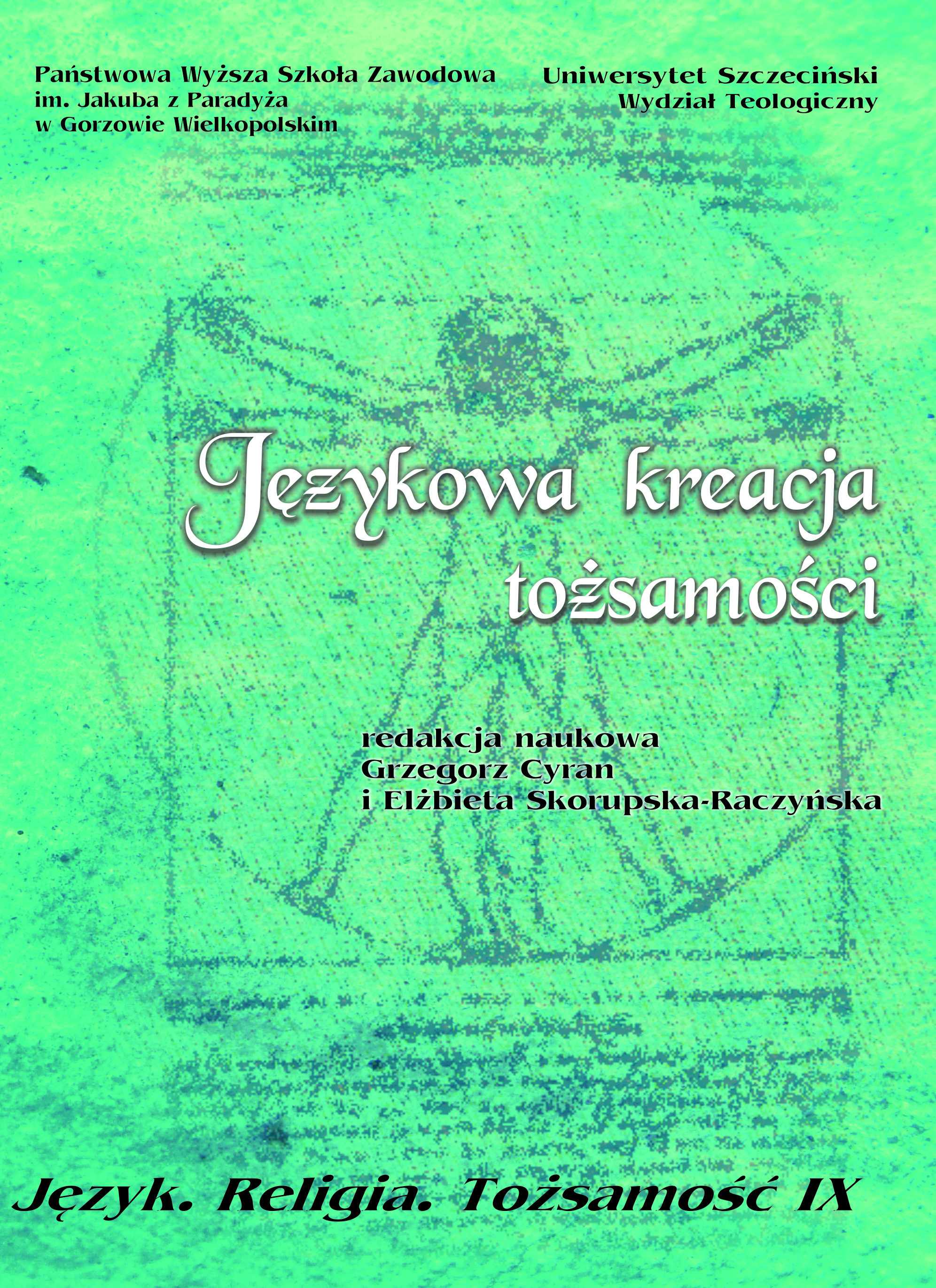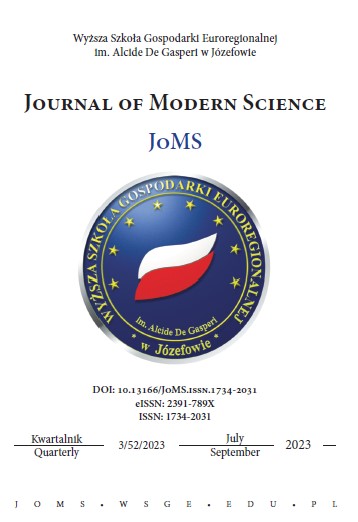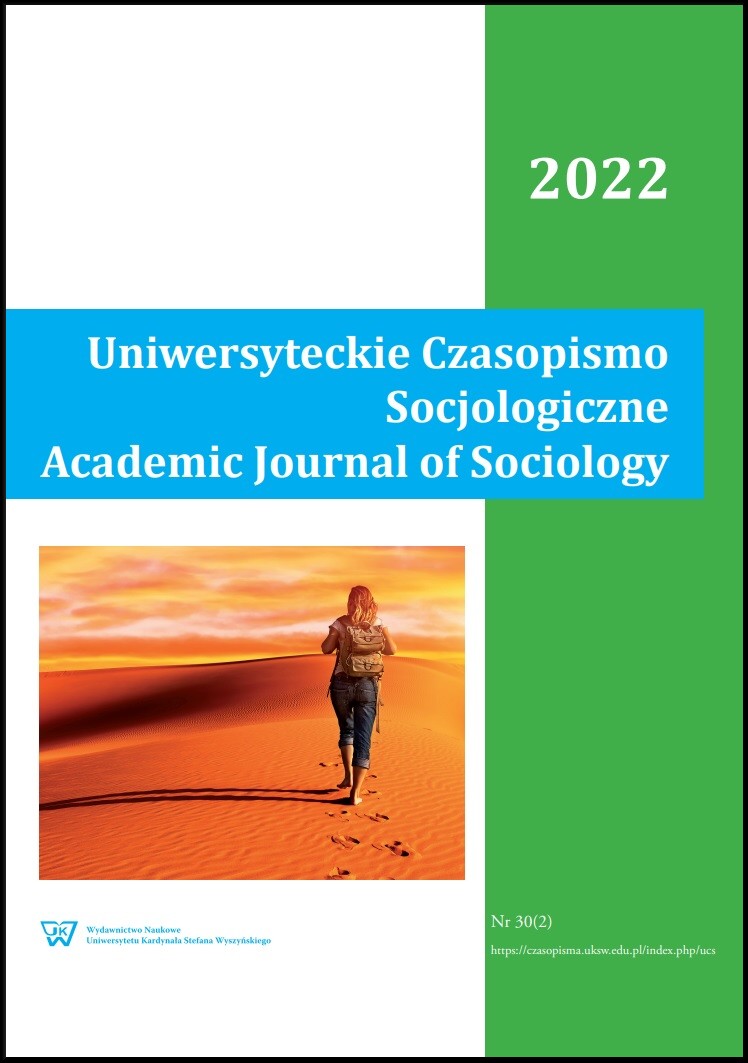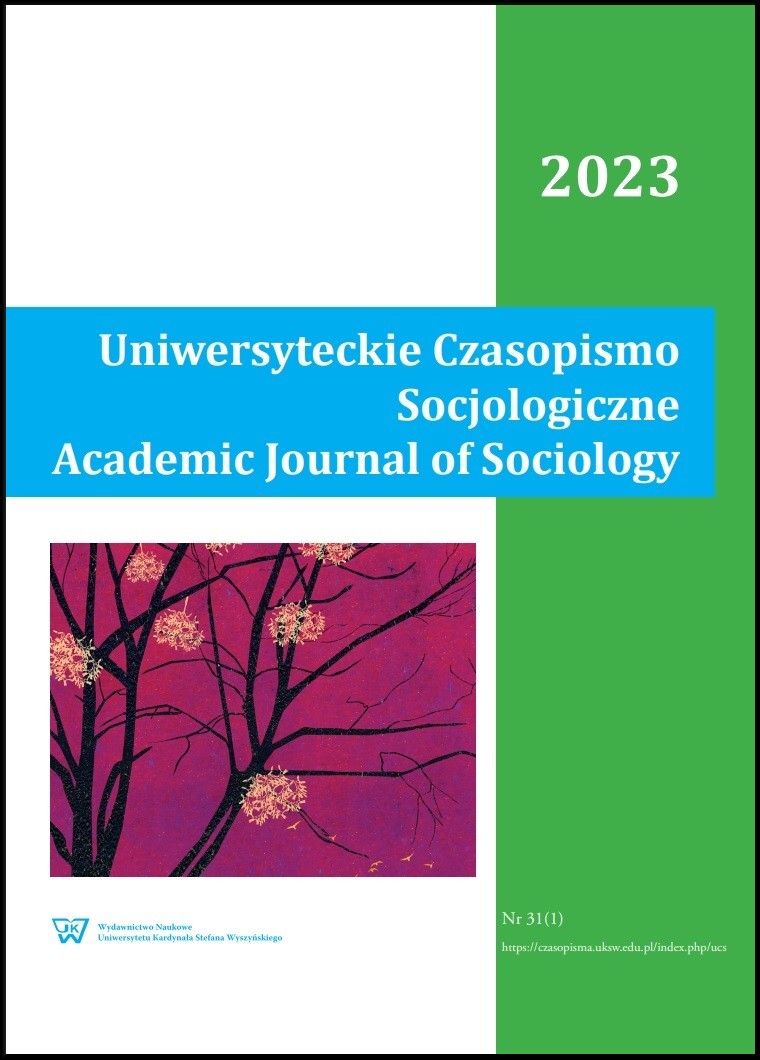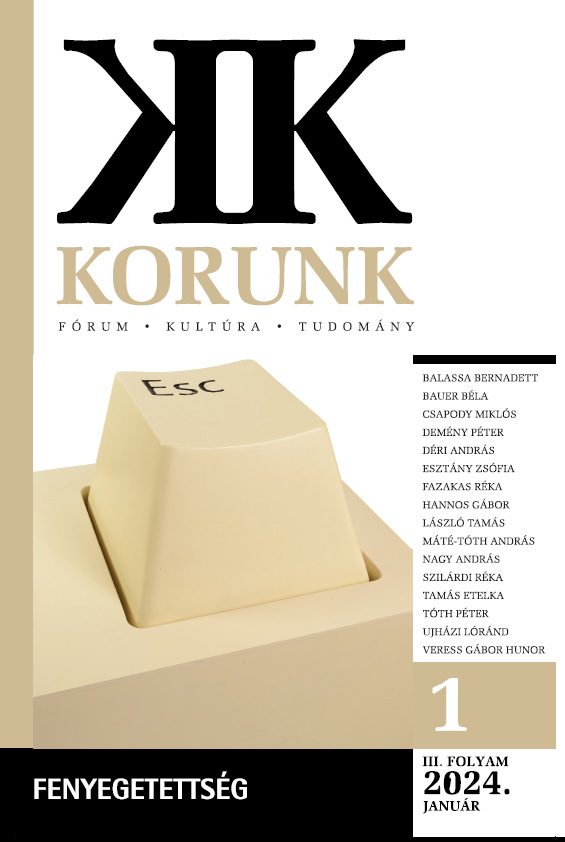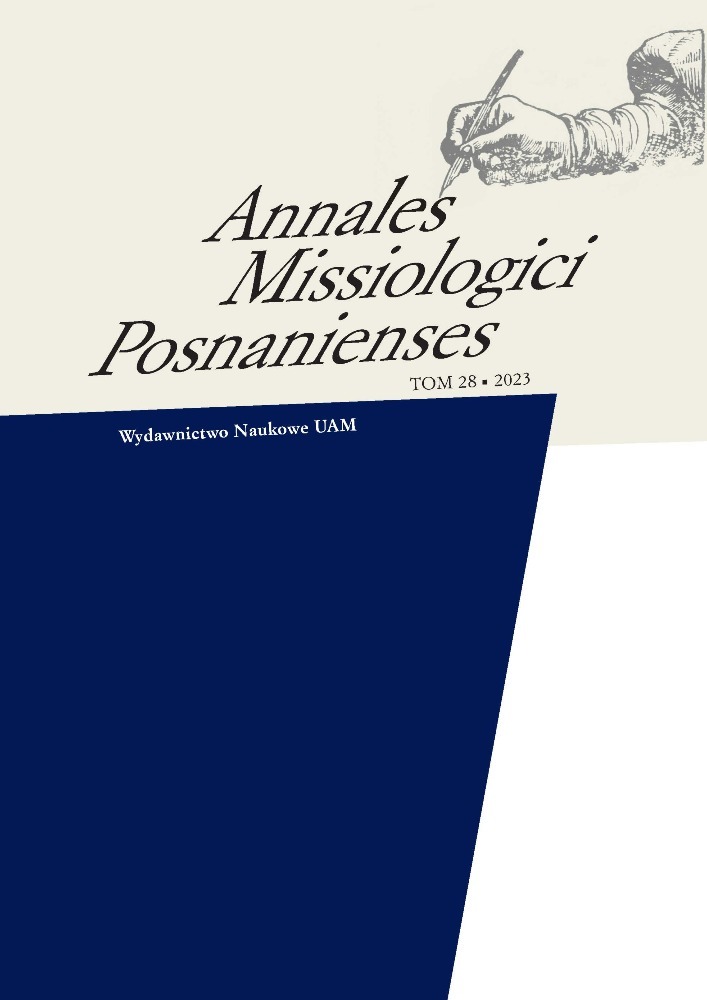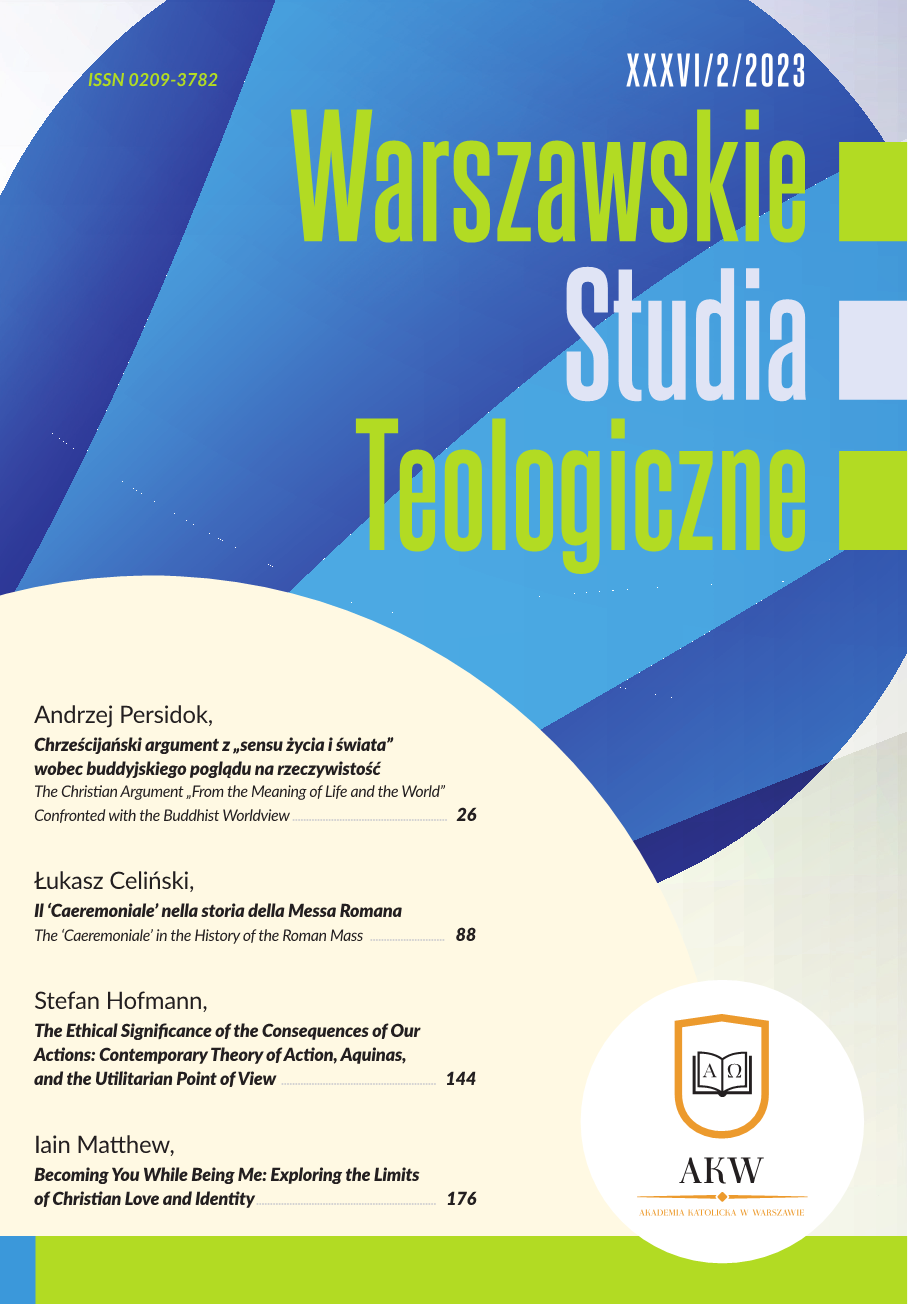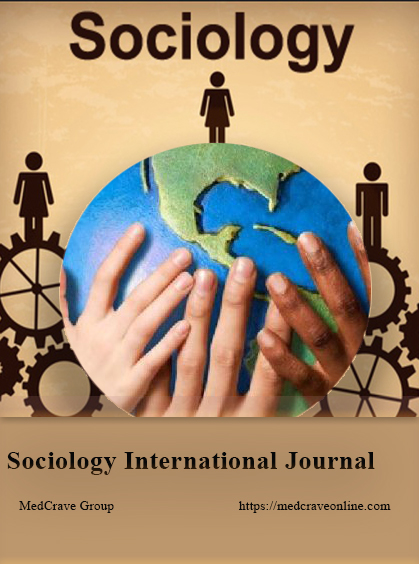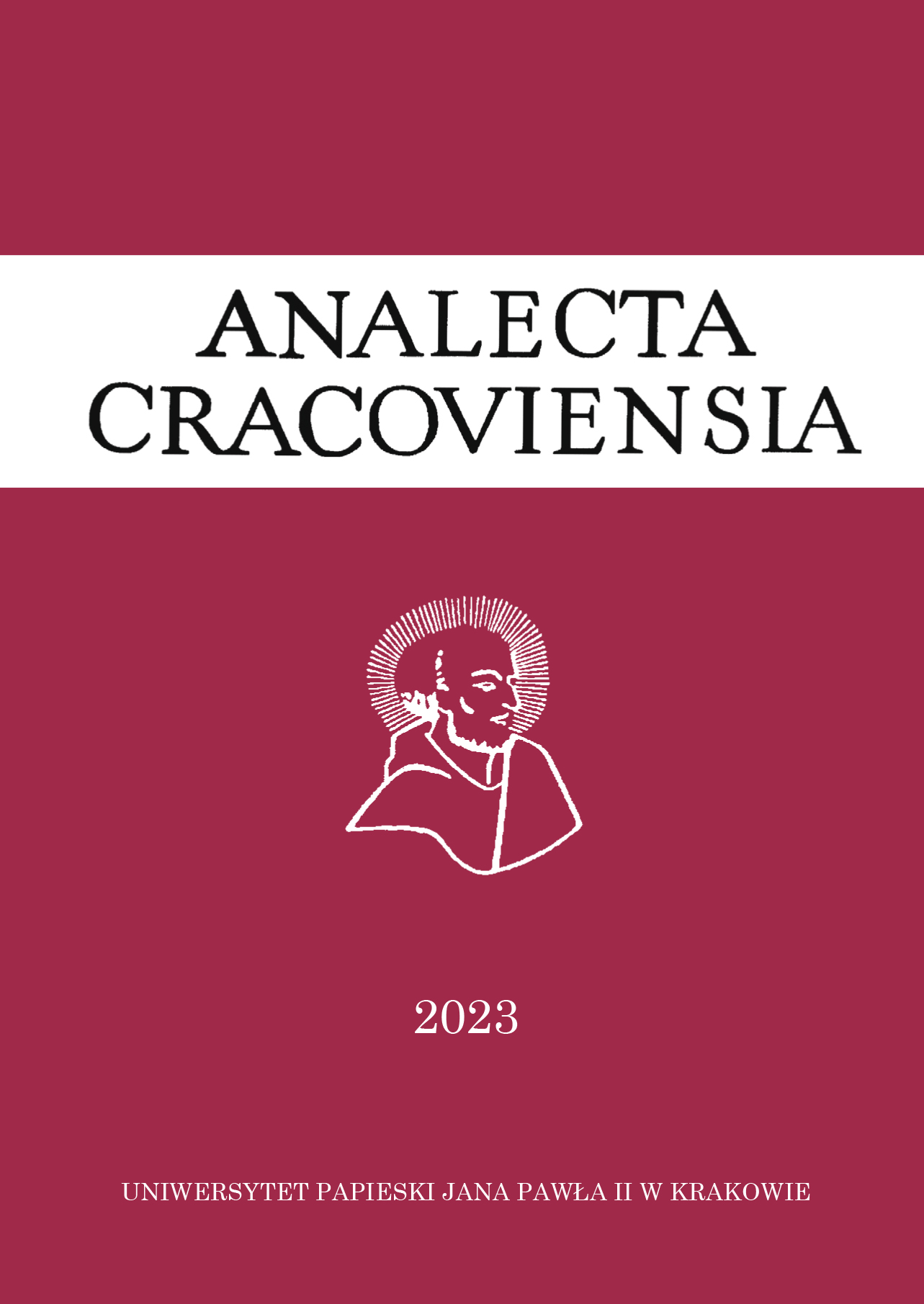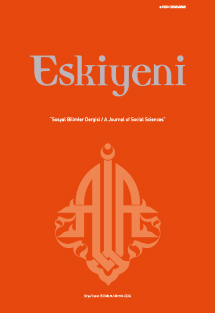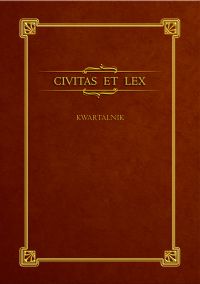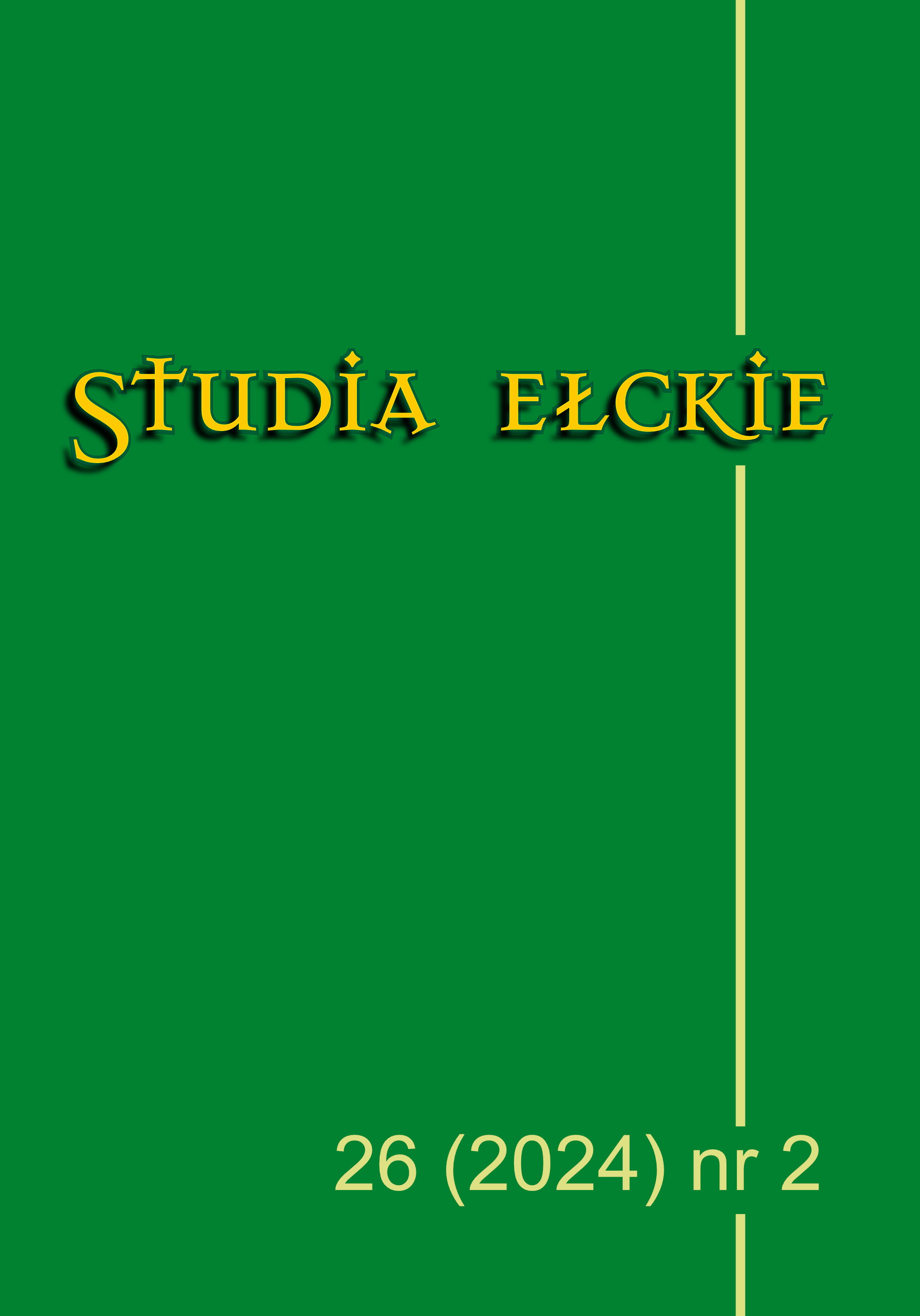Author(s): Piotr Mozyro / Language(s): Polish
Issue: 1/2024
The subject of the article is to present the issues related to offering and accounting for offerings for sacraments and sacramentals using the example of the Diocese of Ełk. The primary source for these considerations is the Code of Canon Law promulgated by Pope John Paul II in 1983, with amendments up to 2022.The starting point of these considerations is to provide a definition of sacrament and sacramental, essentially referring to the 1983 Code of Canon Law and the Catechism of the Catholic Church, with historical data taken into account. The article further clarifies the concept of offering by referring to its dictionary meaning, whether it is an offering made to God or an offering made of oneself. In the first part, the article also presents the general church legislation regarding offerings made for sacraments and sacramentals, considering issues related to accounting, the sustenance of clergy, determining Mass stipends, iura stolae, and associated practices.In the later part of the article, there is a reference to particular legislation within the Diocese of Ełk, with special emphasis on the statutes of the First Synod of the Diocese of Ełk and decisions made by individual bishops of the Diocese of Ełk. The Synod recalls the force of canon 848 of the 1983 Code of Canon Law, which states that, on the occasion of administering sacraments, it is permissible to accept an offering determined by competent church authority and in accordance with prevailing custom. In this part of the article, it becomes evident that particular legislation does not make significant resolutions on the discussed issue but rather creates a space for the practical application of the general norm. Particularly, in the Economic Decree of the Diocese of Ełk, certain practical provisions are found.The last part includes the presentation of customs and issues in applying the legal norm and a summary. It is worth noting that the issue of offerings made by the faithful on the occasion of administering sacraments and sacramentals, the voluntary nature of donations, and the fairness of compensation for clergy is a highly complex matter. It combines the spiritual and material aspects - invisible grace and material object. The Church must safeguard the purity of the sign, eliminate any abuses, and simultaneously ensure the fairness of compensation for clergy. In today's times, when society, including the faithful of the Catholic Church, expects a high level of transparency, it is important to address the issues that can contribute to a better understanding of the practices of the Catholic Church.
More...
